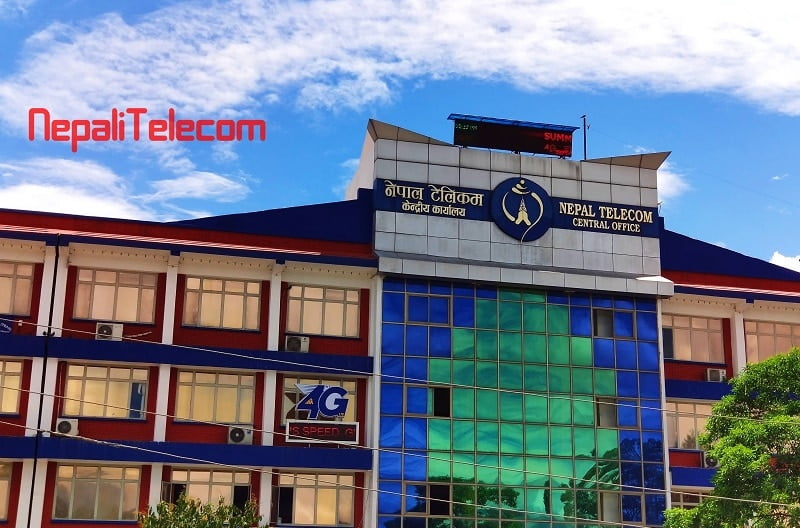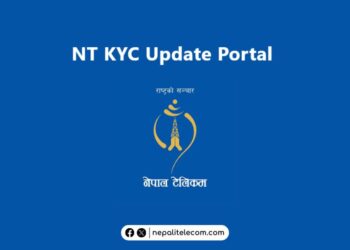NTA, the regulator has already decided to collect 20 billion from Nepal Telecom for the mobile license renewal fee. Nepal Telecom has been hesitating to pay the huge amount citing the unclear provision in the laws. So, NTA follows Nepal Telecom for the payment of the amount and sets deadline till Baishak 28, 2076 (May 11, 2019).
NTA says they have been following Nepal Telecom for the payment through several official letters. As per NTA, Nepal Telecom recently sent a letter to them with their intention not to pay the amount. So, NTA sets a deadline according to Telecommunication regulation 2054, Rule 12.
Nepal Telecom had paid Rs 18 crore 90 lakh with their request for renewal. Adjusting the amount, NTA now asks the company to pay the remaining Rs 19 Arab 81 crore and 10 lakhs for the renewal fee.
The provision in the Act
The Telecommunication Act has a provision to provide mobile license for 10 years and then renew every 5 years. NTA had also set a condition to Nepal Telecom for the renewal amount to be the same as other telcos.
As Ncell bid 20 billion Rs for the license fee, they applied the same to Nepal Telecom. Nepal Telecom and Ncell also paid the 20 billion amount on installment basis for the license. But for the renewal fee, Nepal Telecom argues that 20 billion amount for renewal every 5 years is huge and not sustainable for the company.
NTA threatens
In the latest letter, they warn the company of legal complications to renew their mobile license. NTA now also puts the ball on the company to be responsible for any damage with the renewal case. They also threaten that they will not do the facilitation works for the company until the payment.
Trade union’s warn
Meanwhile, Employee unions of the company has written a letter to NTA chairman, for their serious attention to the regulator’s recent letter. Three active trade unions of the company jointly write, “NTA has deviated from their main objective to provide affordable service to the people, by making the government-owned company fall behind”.
They also question the regulator not to threaten by going above the directions from the Public accounts committee (PAC) and the cabinet. The trade unions threaten protests to save the public company as per the interest of their customers, shareholders, and employees.












